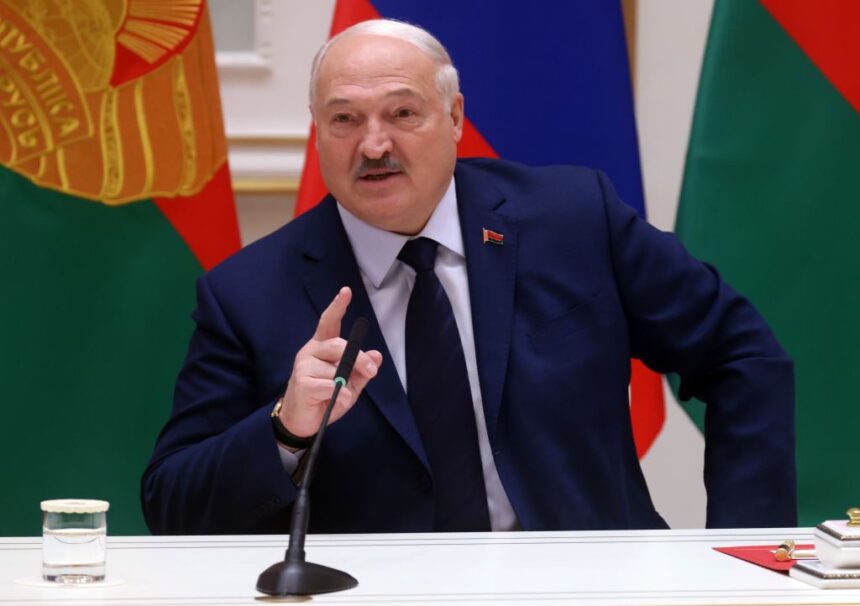During a high-level meeting with leaders from the central and commercial banking sectors, Belarusian President Aleksandr Lukashenko emphasized the urgent need for the country’s financial sector to enhance the adoption of cryptocurrency and modern cash payment systems. His remarks come at a time when Belarus is grappling with significant economic pressures due to extensive sanctions imposed in response to its backing of Russia’s aggressive actions in Ukraine, as well as accusations of human rights abuses.
Lukashenko noted that the landscape of cryptocurrency transactions is evolving rapidly, stating, “Today, cryptocurrency-based transactions are more active than ever, and their role in facilitating payments is growing.” He underscored the necessity for regulatory frameworks to keep pace with the changing market dynamics, directing financial authorities to expedite the establishment of such guidelines.
The president did not shy away from expressing his dissatisfaction with existing banking practices, criticizing institutions for their treatment of customers. He highlighted issues such as the coercion of borrowers into insurance products and the refusal to accept older dollar bills, warning that these kinds of abuses would face disciplinary measures beginning in 2026. Lukashenko urged the banks not to focus solely on profit maximization, pointing out the increasing fees, alleged misuse of bank profits, and dubious lending tactics that have surfaced in recent months.
In a bid to enhance liquidity and streamline financial transactions amid sanctions, Lukashenko proposed the introduction of an instant payment system by year-end, which would facilitate real-time bank transfers. He suggested that leveraging cryptocurrency could be a vital strategy for maintaining trade and navigating the current economic landscape.
As Belarus maneuvers through these challenges, the country’s gold and foreign exchange reserves have reached approximately $12.5 billion, supported by a rise in gold prices. Recent reports also indicate that Lukashenko is keen on establishing Belarus as a favorable environment for cryptocurrency, aligning with a broader trend of de-dollarization as the nation reportedly sells around $30 million in foreign cash daily this year. This shift in policy reflects an increasingly proactive stance on financial innovation amidst geopolitical tensions.







